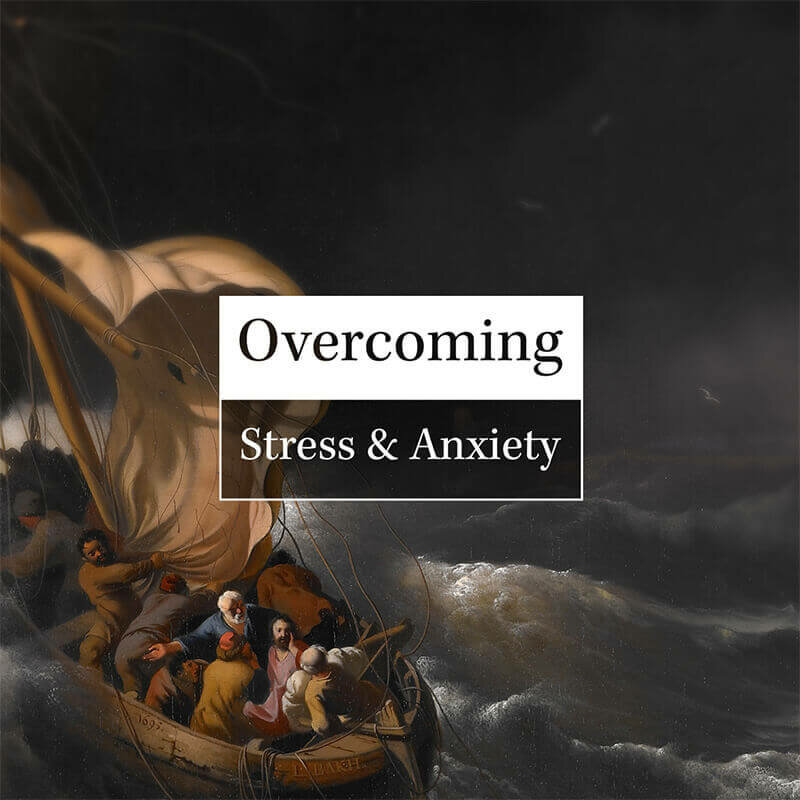
“AI superpowers.”
“Answer one question and we’ll do the rest [via AI].”
“Type // to use Content AI.”
“Create series outline from AI.”
All of the above are real-world examples of companies or platforms I use on a regular basis that have incorporated AI into their offerings and are encouraging me to use it.
It seemed to happen all at once, this sudden onslaught of AI offerings, all these messages from different companies offering to lighten the burden on my human intelligence by letting artificial intelligence do the work.
There is a reason for this—2023 has turned into a keystone year for AI. As IBM notes in its timeline of important dates in AI:
2023: A rise in large language models, or LLMs, such as ChatGPT, create an enormous change in performance of AI and its potential to drive enterprise value. With these new generative AI practices, deep-learning models can be pre-trained on vast amounts of raw, unlabeled data.
In standard English, that means that you are seeing a lot of recommendations for “let me write this outline for you,” “let me write this email for you,” “let me do xyz writing/language/outlining-related task for you.”
I am not the only one in society who is feeling some discomfort with all this. Well, to be honest, the feeling that AI evokes in me is closer to loathing than discomfort—I am a writer by trade and the thought of handing off my work to a machine is downright repulsive.
But even for those with less passionate opinions on the subject, something about it just seems off.
These concerns are often unspoken but sometimes vocalized—we talk about AI’s good uses, its bad uses, its real identity, and sometimes we question whether we should even be using it. I get emails from corporations talking about the “ethics of generative AI.”
Most people seem to agree that there are appropriate limits on the use of AI that we should observe—but what those limits are is a thing open to wide debate. And maybe I’m a pessimist about human nature, but I also think that if you have no particular moral compass to guide you, these limits are going to be man-made, artificial, and perfectly changeable according to the pressures exerted by trend, money, ambition, and whatever else drives bad decision-making.
So should we be concerned? Are the often-unnamed worries about AI just that—worries without foundation? Are those of us who are generally suspicious of modernity simply rejecting technology because it’s technology?
Or…is something else being lost in the race towards AI that—once lost—will be very difficult to recover? Is AI a blessing to humanity that will only advance its prosperity and progress (those two words alone should cause you alarm), or is it a welcome weapon in the camp of the Anti-Humans?
Let’s find out.
What is AI, Really?
Artificial intelligence always needs a definition, since the popular imagination, Hollywood, science fiction, and other outlets tend to lend it abilities it doesn’t necessarily have.
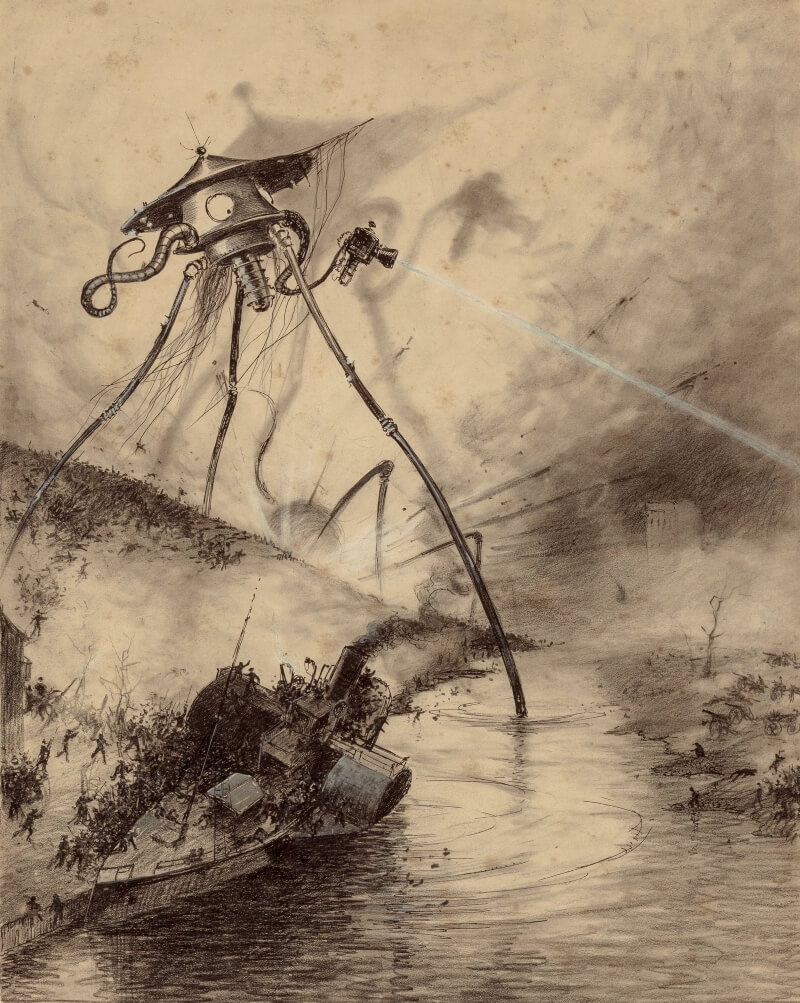
Simply defined, AI is the ability for a machine to sort data and “learn” patterns in order to produce a meaningful result. Everyday examples include calculators, virtual assistants, smart devices that can respond to your voice commands, and product recommendations on retail websites.
More recent developments include the above-mentioned ChatGPT, which can write an entire blog post or course outline if you give it a topic. It does this through deep “learning” of what other blogs and outlets say about the subject and basically reproducing something similar.
So AI isn’t intelligence (hence my quote-bracketing of the word “learn” whenever I talk of machines), it’s just a very sophisticated way for a computer to reproduce something that’s already been done in some way—often to save humans time and effort doing it. It is sorting data, it is not coming up with anything truly original. The old movies about rogue machines taking over the world don’t scare me (or probably anyone else) very much, because AI has no ability to truly think, intend, or reason. These are purely human abilities.
For example, while AI could probably tell you how to wage a war to inflict the maximum amount of damage with the least amount of effort in a particular region, it could never decide to wage war. A sinister human is needed for that. AI is just a tool.
“So,” you might ask, “if it’s just a tool, what’s the big deal?”
That’s a great question. If I can free up part of my day by not having to write that sales email, that generic blog post, that outline, why wouldn’t I?
The Demise of Human Intelligence
Remember back in the second War on Humans article, The Devil’s War on Humans, when we talked about how the devil is trying to detach us from our thinking ability? Yeah. We’re going to see that play out in a big way as AI takes the place of human thinking.
That’s exactly what it’s doing. Love it or hate it, it’s getting us to think less.
Why is this a problem? First, let’s take a large-scale, bird’s-eye view of why thinking is important.
In order to think well, logically, and clearly, you have to think a lot. On the purely physical level, the brain is just like anything else in the human body. If you exercise it, it grows stronger; if you don’t, it atrophies, loses flexibility, and becomes less and less competent.

But with human beings, the question goes deeper than the physical, because we are composed of both body and rational soul. Animals have bodies and animal souls, as St. Thomas Aquinas clarifies, but humans are the only matter/spirit composites that are endowed with a rational soul—that is, a soul that has the powers of intellect and will. To put it simply, humans are the only material things that can reason and choose.
Our rational souls are always informing our bodies—the two are intertwined in a way that we can, in some sense, logically explain, but which remains an ever-mysterious marvel of our being. Perhaps even the angels, who are pure spirit, possessing intellect and will but no bodies—wonder at humans and their strange and wonderful makeup.
For angels, their intellect isn’t tied to a brain, but for us humans, our thinking power—our intellect—is inextricably tied to our brains.
So, with humans, the demise of opportunities to use our brains not only presents dangers to our physical grey matter but also to our minds/intellects—and thus to our souls. If we can no longer think, we are abandoning an entire faculty of our souls—a faculty that God gave us in order to contemplate the world around us, problem-solve, separate fact from fiction, and ultimately and most importantly, to contemplate Him and direct our thoughts and actions towards our salvation.
If we don’t think, we are shutting off our main pathway to knowledge of God.
Additionally, we are offering our minds up to whatever false concepts and evil forces might make use of our self-imposed ignorance. Those who do not think are the easiest victims of natural or supernatural tyrants.
Lest I Be Accused of Overreacting…
“Come on, Rachel…” you might say, “aren’t you extrapolating a bit here? Aren’t you overreacting? Using AI to do some menial tasks isn’t going to destroy our brains.”
Hmm.
First, let’s look around us. Technology has done next to nothing to help our thinking faculty. The ubiquity of screens—TVs, phones, etc.—has turned us into a race of passive, vegetative input-absorbers, rather than active, intelligent truth-seekers. And that’s without much help from AI.

With AI, now those tasks that actually still could exercise our brains are being gradually automated. The actual mental skills we are losing are real and present.
Let’s take the course outline example.
Doing an outline for a block of information, whether it be something simple such as a high school essay or something more complex like an online educational course, is challenging. Organizing information in a way that makes sense to the reader, flows well, avoids tangents, stays on point, and is easy to absorb is often an arduous and time-consuming process.
You might have to write, re-write, scrap it, write again, ask someone for feedback, redo, re-redo, take advice, cross out some ideas, add others, then write again. It’s tempting to delegate the whole business to a machine, especially in an over-rushed world.
But if I do that, how will I learn to write an outline? What skills am I losing by avoiding it? I am losing not just the specific ability to do a specific task—I am foregoing the opportunity to learn logic, organization, rhetoric, and communication skills, to name a few.
I am losing virtue, too—it takes patience and fortitude to tackle a difficult task. It takes humility to ask for help and advice from other humans, and working with them builds interpersonal skills and relationships.
In short, I end the day less competent, more dependent on some exterior form of technology, and robbed of opportunities to grow in spiritual skills as well.
Who knew that writing an outline could give me so much? Who knew that I was losing so much by refusing the challenge?
In Defense of Writer’s Block
One of the annoying happenstances of life, particularly in the creative sphere, that AI purports to ameliorate is the age-old affliction of writer’s block.
I once heard a relevant professional say that the AI-course-outlining feature of her product is “just so you’re not staring at a blank screen.” It’s just to give you ideas, get you going…right? That’s okay, right? It would be a waste of time to just stare at a blank screen…right?
On the contrary, I say that blank pages and blank screens are good for you and they are anything but a waste of time.

Writer’s block is painful. I’m sure other creatives have their own versions—artist’s block, designer’s block, etc. It’s a difficult battle because its cause is often unknown and the solution is often just time or doing something else for a while. We’d all like to be able to sit down and magically cover every page with something amazing, but unfortunately, humans don’t work like that.
And is it such a bad thing that they don’t?
Let’s examine the advantages to writer’s block—yes, the advantages! The way our brains and creative abilities function is not such a problem as the modern world would have you believe. It’s all part of a divine design that we did not come up with but, if we want to be truly productive, we ought to understand and conform to.
First, writer’s block humbles the writer before what he is trying to accomplish.
One of the best definitions of an artist that I ever read is found in a forty-year-old book on classical horsemanship. At least, I thought it was. I went back to find the quote and realized I’d rather misremembered the whole meaning of it. Anyway, I like my misremembered version, and I find that it applies across the spectrum of creative fields.
My authority to call myself an artist lies in my ability to convey the truth.
Rachel Shrader, misremembering a quote from Dressage Formula by Erik Herbermann
I do not invent truth as an artist, or as the case may be, a writer—whether I be writing a novel, working on an essay, or organizing a Good Catholic series. I am discovering truth and doing my best to convey it in a way that you, the reader, can understand, so that you can know the truth too. Therefore my job is not to create something brilliant, but to be a servant of the truth.
An important thing to note about the truth is that I can make no reasonable demands of it. I am not its inventor or its master and it has no obligation to reveal itself to me. But fortunately, truth isn’t an “it,” it’s a “He,” and He wants to be discovered. How this happens, however, is revealed in the Gospel of Matthew:
At that time Jesus declared, “I thank thee, Father, Lord of heaven and earth, that thou hast hidden these things from the wise and understanding and revealed them to babes; yea, Father, for such was thy gracious will.”
Matthew 11:25-26
Writer’s block helps us to stay humble before the Truth, to remember who we are in relation to Him, and to view our work as a service to Him, which He will accomplish in His own good time.
Second, it stops us from destroying ourselves. Whoa. What?
Writer’s block often performs the same function for the creative faculties as physical fatigue does for the body. It lets us know that it’s time to take a break.
Our need for sleep is a beautiful aspect of our physical life. It forces us to limit our activities to a reasonable amount per day. God even arranged the days and nights, the movements of sun and moon, in perfect proportion to how much activity and rest He designed us for. The whole created world moves in a cycle of waking and sleeping.

While not all writer’s blocks are caused by fatigue, these blocks nonetheless ensure that we are respecting our own human makeup. We have limitations that ensure we keep ourselves within proper boundaries.
If we didn’t have creative limitations—if we could guarantee that we could sit down and produce a masterpiece every time we tried—there’s no telling how we would abuse this talent. Chances are, we would exhaust ourselves, spend way too much time on it, and probably develop a bad case of pride. And depending on whether you’ve got an awesome boss or not, their expectations of you could become rapidly unreasonable.
To go back to the sleep analogy, can you imagine how dreadful the world would be if we didn’t need sleep? We would work all the time.
Similarly, with AI seeming to free us from our natural mental limitations and taking over our natural mental tasks, it seems like we’ve found a ticket to total freedom.
But I predict that it is, rather, a ticket to total slavery to work and productivity.
Accepting our human limitations—whether it be writer’s block, our need for sleep, or the limited number of hours in a workday—means that we are giving ourselves adequate rest, putting work in its proper place, allotting time to other things, and keeping our lives in balance. Our limitations free us from the inhuman expectations that we (or our employers) would otherwise impose upon ourselves.
In Defense of AI Users
I’m not here to roundly condemn those who think AI is a good idea. I’ll always dislike it, but I sympathize deeply with those who don’t.
AI seems to be a lifesaver for many just and honest employers. Many businesses who work with it are under enormous pressure. A burdensome tax system, high costs of living in general and of running small businesses in particular, inflation, constant competition from imports, and other revenue-reducing factors make it a constant race to stay in the black. Hiring an ideal number of humans is difficult due to cost. The shift to online platforms for shopping and content consumption make it hard to sell anything.
No one can blame these businesses for turning to technology for help in reducing costs and amping up production. Workers, too, can get through their jobs more quickly and potentially have more time at home with their families.
And so yes, it seems like AI has the potential to help these businesses stay solvent and their workers stay more human.
But is a business world where AI is necessary just to survive—is this a world we really want to live in? Does this sound like a train that’s headed anywhere we want to be? If not, should we jump onto it so easily?
Many of the factors listed above are beyond the control of either employers or workers. I am not going to make a bunch of impractical suggestions that disregard that reality and the business adjustments it entails.
I and my fellow AI skeptics simply want to start a conversation about AI, to call for a pause so that we can reflect on how it is really going to affect us down the road, and to draw attention to the problems with our current work environments that make AI seem so attractive.
In Conclusion: A Conversation with an AI Bot
We are not at the point where AI compares to truly great human work, and there are certain things it can’t do at all. This might seem to allay any fears that AI will “replace” humans.
As a joke, one of my coworkers sent me an AI-generated explanation of why I ought not to be afraid of AI. It’s a tool, an assistant, said AI, in a masterful, bulletpointed apologia pro vita sua. Truly human things—storytelling, creativity etc.—will remain human things. I am only here to help, it said.
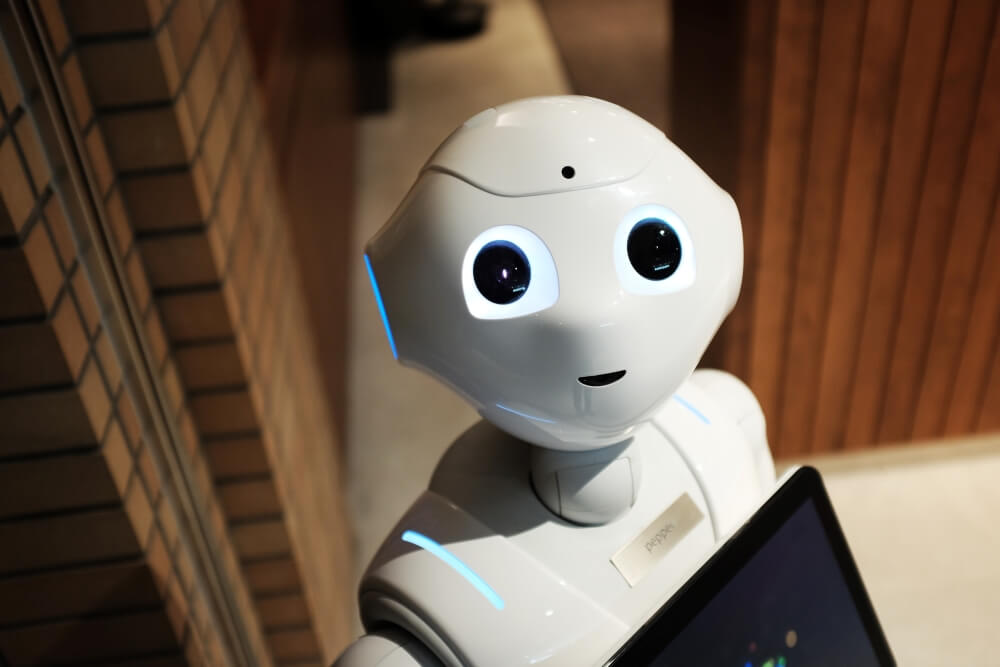
The AI bot seemed to be assuming that the qualitative difference between AI work and human work is a distinction that will be maintained with the tidal wave of AI-generated everything. It seems to assume that AI tasks will stay within reasonable boundaries. I appreciate its optimism, but I don’t share it.
It’s more or less like saying, “Starbucks will never replace proper coffee houses. People know it’s not good coffee.” Such statements do not square with the available empirical evidence of how these things usually go.
As a society we no longer have a collective eye or a concern for “truly great work.” Whether it be the clothes we wear, the food we eat, the way we build and furnish our houses (and I say “we” because I’m just as guilty as anyone), cheap imitations of the real thing are what we thrive on. (See the first War on Humans article, In Praise of Inconvenience, for more.)
So why bother writing, painting, creating, or producing good stuff at all? If people don’t have an eye for what is good, why give them anything good? Why cast our pearls—why dive for pearls at all—if society has lost all sense of what a pearl is?
For all creatives out there, the temptation might be to give up. Few can afford to spend the requisite time on these things if there is no market for it.
We’d only be joining the ranks of those whose jobs of creating and crafting have already been usurped by machines—carpenters, furniture-makers, clothiers, etc. Ask any of them if the machines designed to “assist” them truly aided them in the long run.
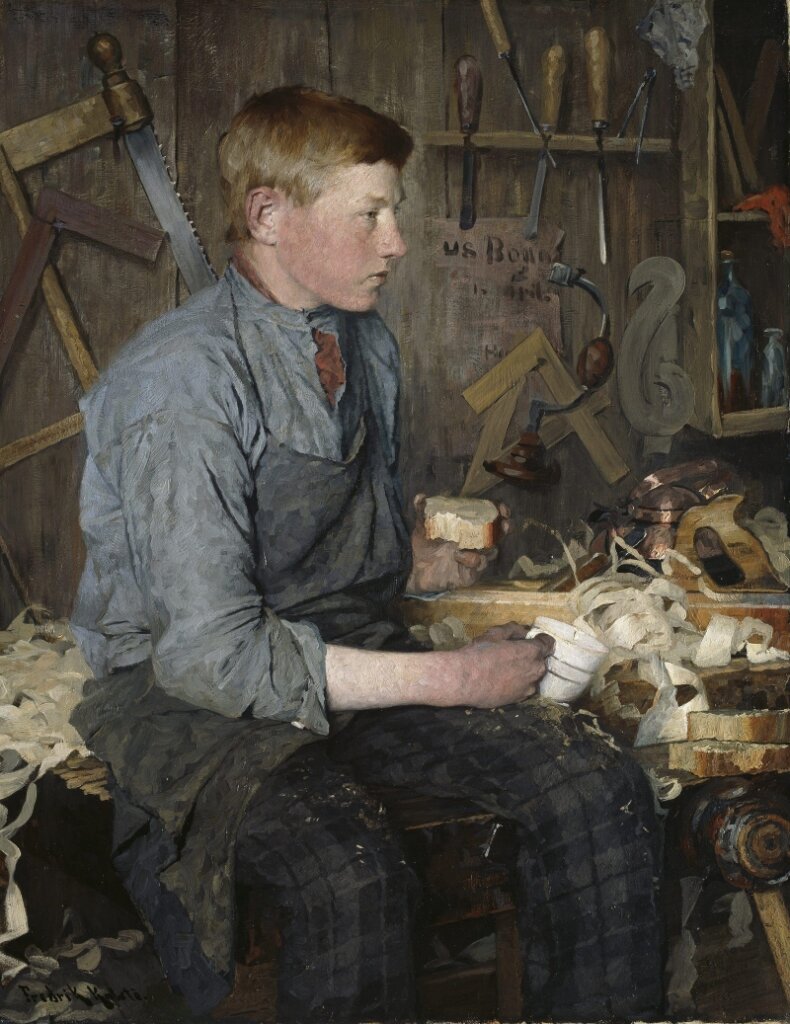
(image credit: National Museum of Art, Architecture and Design/CC BY 4.0)
The AI bot assured me that jobs will not disappear, they will “evolve.” Ask any master craftsman if he was thrilled at the prospect of his trade “evolving” into computer input.
Technology is a hard thing to fight. It becomes integrated quickly into everything we do, as AI has aptly demonstrated to us in this watershed year in its development. And the trouble with new technology is that everyone is enamored of it, thinks it’s awesome, and wants to use it—often, without regard to the consequences.
So I don’t hold out any hope that society will have a sudden reversion to an AI-less existence, nor do I feel the need to condemn it in every possible form it takes (as stated earlier, it already exists in many aspects of our lives).
But it feels like we’ve crossed a line somehow, in this year of 2023. And I hope that, as we are caught up in the collective euphoria of everything we stand to gain from AI, we can muster the collective wisdom to stop and reflect on what we stand to lose. +

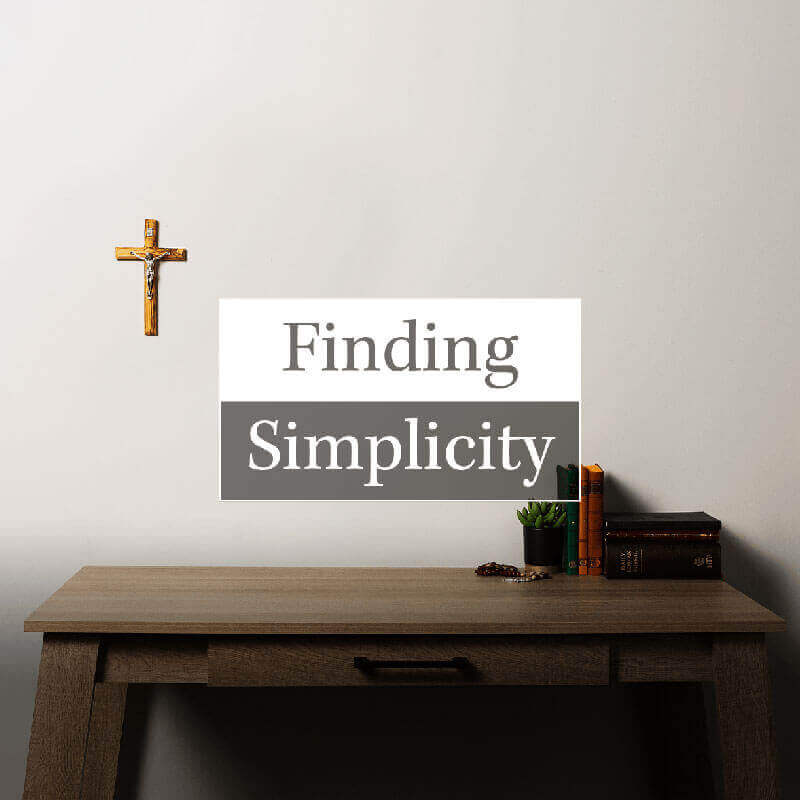

![The Catholic Book I Refused to Read: Hungry Souls [A Review]](https://www.goodcatholic.com/wp-content/uploads/2021/11/the-catholic-book-i-refused-to-read-hungry-souls.jpeg)

